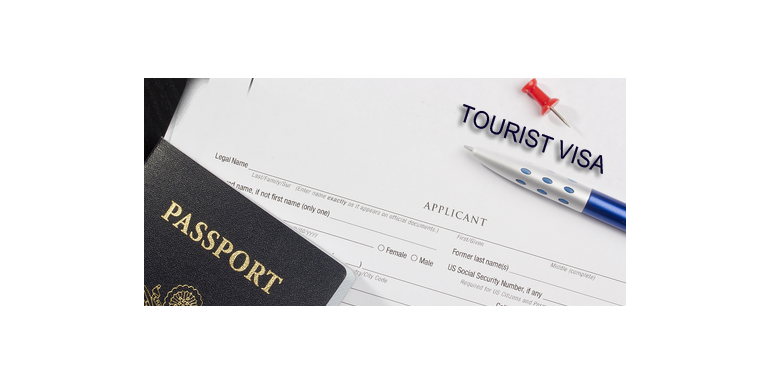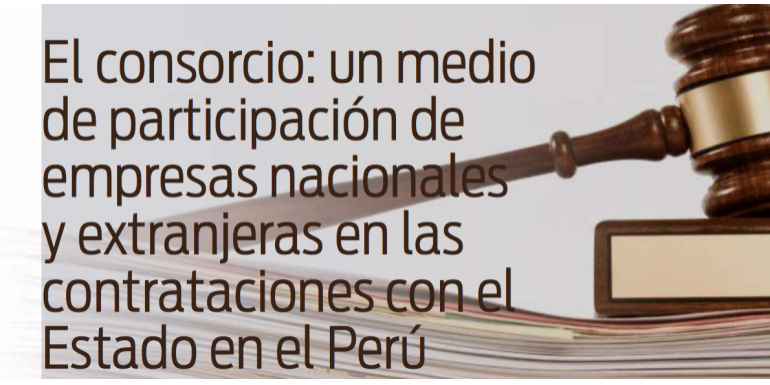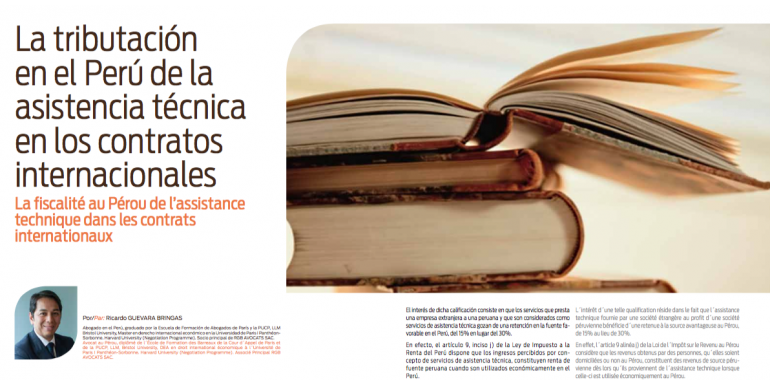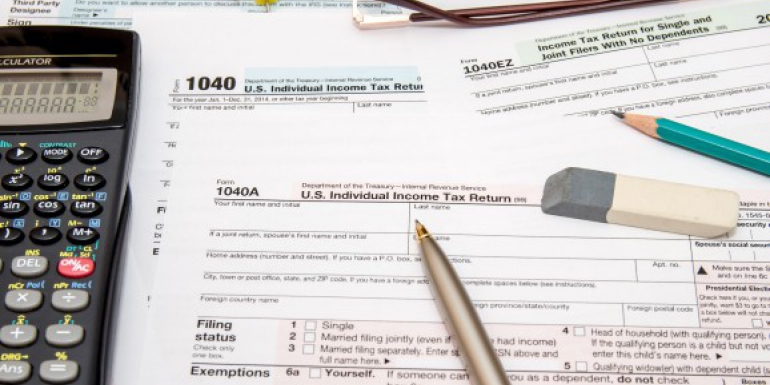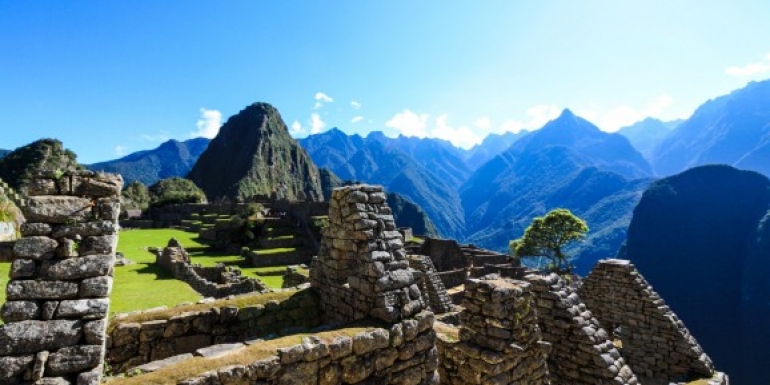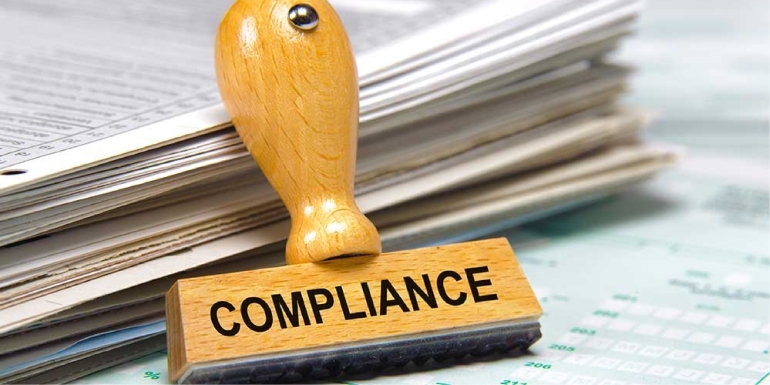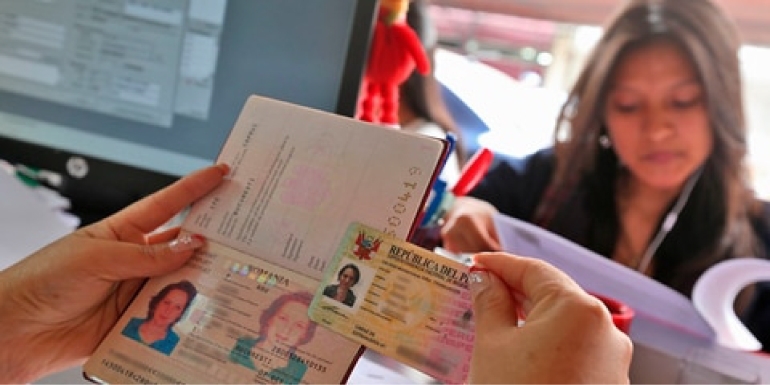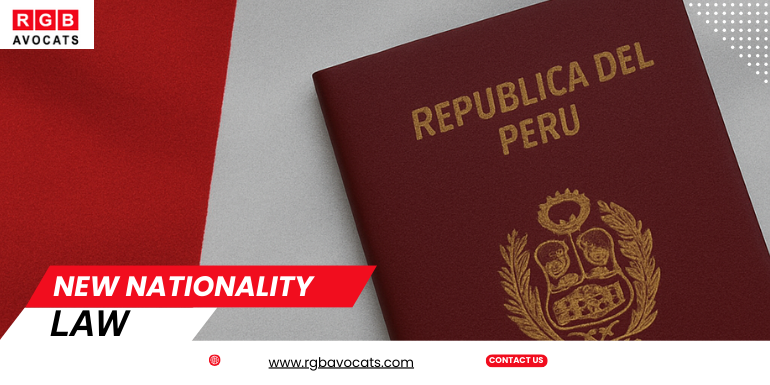The use of AI is breaking into every industry, and the legal industry is no stranger. Those who want to create a branch of a foreign company in Peru may have a first answer in the AI that Google offers. Although this is a good summary of AI, we have added some practical aspects that can help you in that purpose, based on the experience of RGB Avocats advising foreign investors in Peru for several years. To this end, we transcribe what appears in the AI with our contributions in bold letters, which takes into consideration, in particular, the third section of the General Law of Companies of Peru, Law No. 26887.
To create a foreign company branch in Peru, the parent company must authorize it with an agreement and appoint a legal representative domiciled in Peru. Documents from the parent company (by-laws, certificate of existence) must be legalized and apostilled or translated. Then, a public deed is prepared before a notary, it is registered with SUNARP to obtain the registry entry and the RUC is requested from SUNAT. Finally, the legal representative opens bank accounts.
1. Parent Company Documentation:
- Certificate of Good Standing: That demonstrates the existence and good condition of the parent company in its country of origin. Depending on the country, this certificate will receive several names. In the case of the United States, in California the Secretary of State issues a "Certificate of Status". The Delaware certificate even states that the company has paid its taxes to date. In the case of France, it is the document called "K-BIS" and it is important to note that its validity is 3 months from its issuance.
- Articles of Association and Articles of Incorporation: Copies of the articles of association or equivalent documents of the parent company. Attention, it is NOT necessary that in the articles of association or the certificate of good standing of the company there is an express clause indicating that the foreign company can create a branch abroad. It is sufficient that the creation of foreign branches is NOT prohibited. It is suggested that the absence of such a prohibition should simply be mentioned in the act of establishment of the branch. This solution was confirmed in Resolution No. 040-2013- SUNARP-TR-L. and in Resolution 1009-2018-SUNARP-TR-L.
- Parent Company Agreement: An official document of the competent body of the parent company (such as the shareholders' meeting) authorizing the creation of the branch in Peru and the designation of the capital and legal representative. Here one can ask who decides the creation of the branch by the foreign company? Everything will depend on the bylaws of the foreign company that creates the branch in Peru and its corporate law. For our part, we have presented both minutes of the shareholders' meeting and the board of directors. We have even presented minutes of the sole shareholder or the Presidency of the foreign company.
- In addition, the agreement establishing the branch in Peru must contain: (i) the declaration that the activities of the branch are included within the corporate purpose of the principal, (ii) the place of domicile of the branch, and (iii) the subjection of the parent company to the laws of Peru to respond to the obligations contracted by the branch in Peru.
- With respect to the assigned capital, the payment of said capital does not need to be accredited in accordance with article 152 of the Companies Registry Regulations.
- Regarding the identification of the branch, the Registry Court in its Resolution 2550-2026-SUNARP-RR-L has specified that the branches do not have their own name as they lack independent legal personality. Thus, it highlights that neither the General Companies Law nor the Companies Registry Regulations have provided for how the name of the branch must be recorded. A branch of a foreign company may even be identified differently from its parent company, when the name of the latter is not allowed in Peru.
2. Legalization and Translation:
- All documents of the parent company must be legalized in your home country by means of a Hague apostille or legalized by the Peruvian consulate. On this point, in accordance with Resolution 2023-2017 SUNARP-TR-L, the legalization of signatures of those who sign foreign documents is not required when they are apostilled, since the authority that signs the apostille certifies the signature of the person who in his country has the capacity to authenticate documents, and the registry cannot question this aspect.
- If the documents are in a foreign language, they must have an official translation into Spanish. Likewise, Resolution 2023-2017 SUNARP-TR-L, indicates that by virtue of article 4 of the "Convention Abolishing the Requirement of Legalization of Foreign Public Documents", adopted in the City of The Hague, Kingdom of the Netherlands, which was approved in Peru by Legislative Resolution 29445 and ratified by D.S. 086-2009-RE, it is not necessary to translate the apostille.
3. Legal Representative domiciled in Peru:
- At least one permanent legal representative resident in Peru must be appointed. The branch may have more than one permanent legal representative in Peru.
- This can be a Peruvian citizen or a foreigner with a foreigner's card. In order for the permanent legal representative to represent the branch before the Peruvian tax authorities, SUNAT, he or she must be Peruvian or a foreigner with a foreigner's card.
- The legal representative will be in charge of the administrative, operational and legal affairs of the branch and will act as a liaison with the authorities. The legal representative is governed by the rules established by law for the general manager of a company, insofar as they are applicable to him.
- In the same act of creation of the Branch, powers of attorney may be granted to the permanent legal representative and to other proxies who are going to request the registration of the Branch. In that case, we recommend complying with the requirements for powers of attorney granted by companies incorporated abroad in accordance with art. 165 et seq. of the Companies Registration Regulations. See our article. https://www.rgbavocats.com/es/blog/comentarios-al-reglamento-de-registro-de-sociedades-acerca-de-la-inscripcion-de-poderes-otorgados-por-sociedades-constituidas-en-el-extranjero
4. Notarial and Registry Process:
- With the documentation legalized, a public deed is drafted and signed before a Peruvian notary public. An attorney must prepare and authorize (sign) the minutes of establishment of the branch.
- This deed must include information about the assigned capital, the corporate purpose and the legal representatives of the branch. The notary usually inserts the act of establishment of the branch, the certificate of validity, and the bylaws of the foreign company to the public deed. In Resolution 1563-2013-SUNARP-TR-l, the Registry Court specified that the public deed may come from Peru or from abroad, in the case in question from Argentina.
- The notary submits the deed to the National Superintendence of Public Registries (SUNARP) for registration in the registry of legal entities.
5. Registration in SUNAT and Opening of a Bank Account:
- Once the branch is registered with SUNARP, the legal representative must register it with the National Superintendence of Customs and Tax Administration (SUNAT) to obtain the RUC (Single Taxpayer Registry) of the branch.
- With the RUC and registration, a bank account is opened in the name of the branch in Peru. The branch may have one or more bank representatives, with a single signature or a joint signature in accordance with what is agreed in the act of establishment of the branch and the powers of attorney granted therein.





